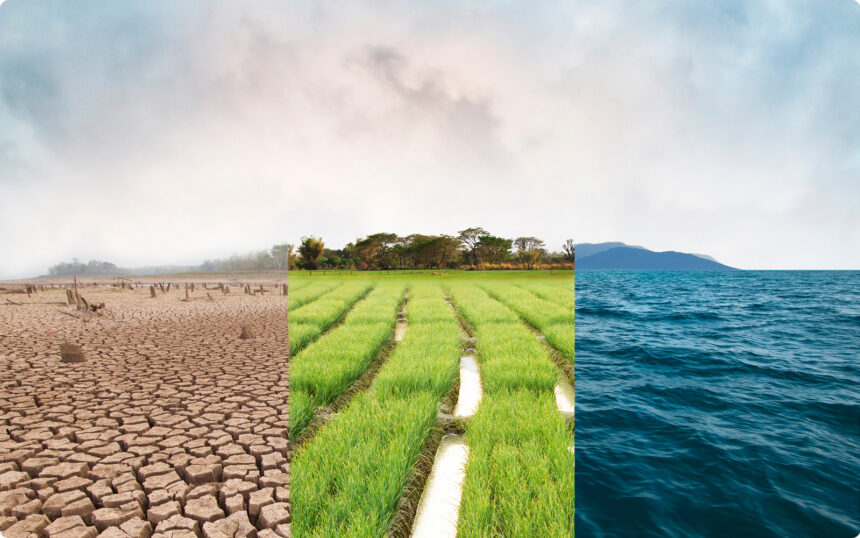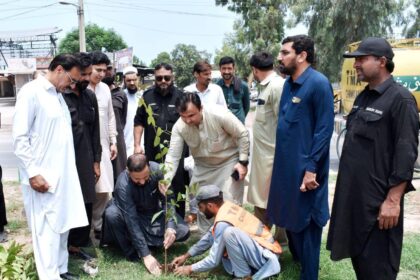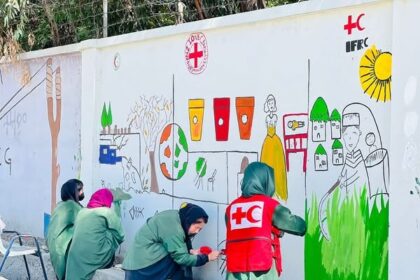IIUI Research Calls for Rights-Based, Faith-Inspired Climate Justice Framework in Pakistan
Groundbreaking research from the International Islamic University, Islamabad (IIUI), proposes a transformative shift in Pakistan’s climate policy—from reactive disaster management to a proactive, rights-based framework rooted in Islamic environmental ethics and human rights. Authored by Aroosa Adil, the paper argues that climate justice is a matter of human dignity, social equity, and religious responsibility.
In a pioneering academic contribution to Pakistan’s climate discourse, Aroosa Adil, a student of Sharia and Law at the International Islamic University, Islamabad, has called for a fundamental reimagining of how the country addresses climate change. Her research paper, titled “Climate Justice in Pakistan: Bridging Human Rights and Environmental Governance,” presents a compelling case for integrating Islamic principles and constitutional rights into the core of environmental policy.
Despite contributing less than 1% of global greenhouse gas emissions, Pakistan remains among the most climate-vulnerable nations. Recurring natural disasters—such as catastrophic floods, prolonged droughts, and life-threatening heatwaves—have consistently devastated the country’s poorest and most marginalized communities. The paper argues that for Pakistan, climate change is not merely an ecological issue but a direct threat to human dignity, intergenerational equity, and social justice.
Aroosa Adil proposes that climate justice in Pakistan must be reframed as a legal and moral imperative, one anchored in both the Constitution and Islamic environmental ethics. She highlights the Qur’anic concept of “khalifa” (stewardship) and the prohibition against “fasad” (corruption) on Earth as foundational principles that align seamlessly with contemporary sustainability goals. These teachings, the paper suggests, offer a powerful ethical counterweight to the exploitative practices driving ecological degradation.
Judicial advocacy has already paved the way for this rights-based approach. Landmark cases such as Shehla Zia v. WAPDA and Asghar Leghari v. Federation of Pakistan have established that the constitutional right to life encompasses the right to a clean and healthy environment. The latter case even led to the creation of Pakistan’s Climate Change Commission, a judicially mandated body tasked with ensuring the government follows its own environmental policies.
However, the paper does not shy away from identifying the systemic hurdles impeding climate justice. These include under-resourced environmental institutions, fragmented governance structures, and weak public participation—compounded by limited environmental literacy and a lack of gender-responsive adaptation policies.
To address these barriers, the paper outlines a series of actionable recommendations:
Enactment of a Climate Justice Act to integrate constitutional rights and environmental obligations under a single legal framework.
Strengthening environmental tribunals to ensure climate cases are heard through a human rights lens.
Climate budgeting and green financing to embed ecological accountability into fiscal policy.
Nationwide climate literacy initiatives to promote informed public engagement from an early age.
Women-led adaptation models that empower grassroots leadership among vulnerable communities.
Learning from international best practices, including India’s National Green Tribunal and the Netherlands’ Urgenda Case, which successfully held governments accountable for their climate failures.
Aroosa Adil concludes that achieving climate justice in Pakistan will require nothing less than a paradigm shift—one that redefines governance through the convergence of faith, law, and global responsibility. She calls for an inclusive, ethical, and rights-based strategy to build resilience and sustainability for current and future generations.











